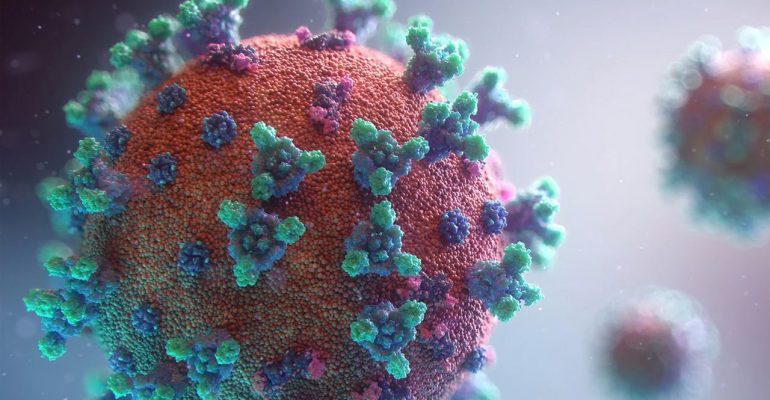Faith, hope and creative destruction: religious responses to COVID-19
July 16, 2020 2023-05-15 16:36Faith, hope and creative destruction: religious responses to COVID-19

Faith, hope and creative destruction: religious responses to COVID-19
In France, a hip female rabbi has improbably developed a large interfaith online audience to her Facebook videos, in which she morally engages issues related to the pandemic.
In India, a Catholic priest draws on his skills as a former chef to mix cooking with his religious online message, and a transgender activist campaigns to secure the progress the “third gender” has made in the past five years. In the West African country of Togo, a Catholic sister has doubled down on serving people with AIDS during the pandemic. In Greece, a couple have turned their restaurant into a nonprofit that serves meals to migrants on the island of Lesbos.
These creative responses by faith-inspired social ministries, all of them chronicled in the University of Southern California’s global project on engaged spirituality, are glimmers of a moral response that we can glimpse in the catastrophe we’ve been living through. These stories haven’t gotten the coverage that the virus has received, or the endless footage the recent protests for racial justice have provoked. Yet there is anecdotal evidence that many people consider the past few weeks a time to reset, spiritually and morally.
The pandemic’s shutdown has raised an awareness of what the air, seas and environment, more generally, might look like if we reduced our consumption, backed up by the deeply rooted spirituality of recent environmental advocacy from Pope Francis and from Muslims and Buddhists.
The economist Joseph Schumpeter argued that capitalism is an evolutionary process of continuous innovation and creative destruction. The coronavirus is similarly turning out to be a very messy and often painful process of restructuring our religious institutions and our moral perceptions.
Source: Religion News








